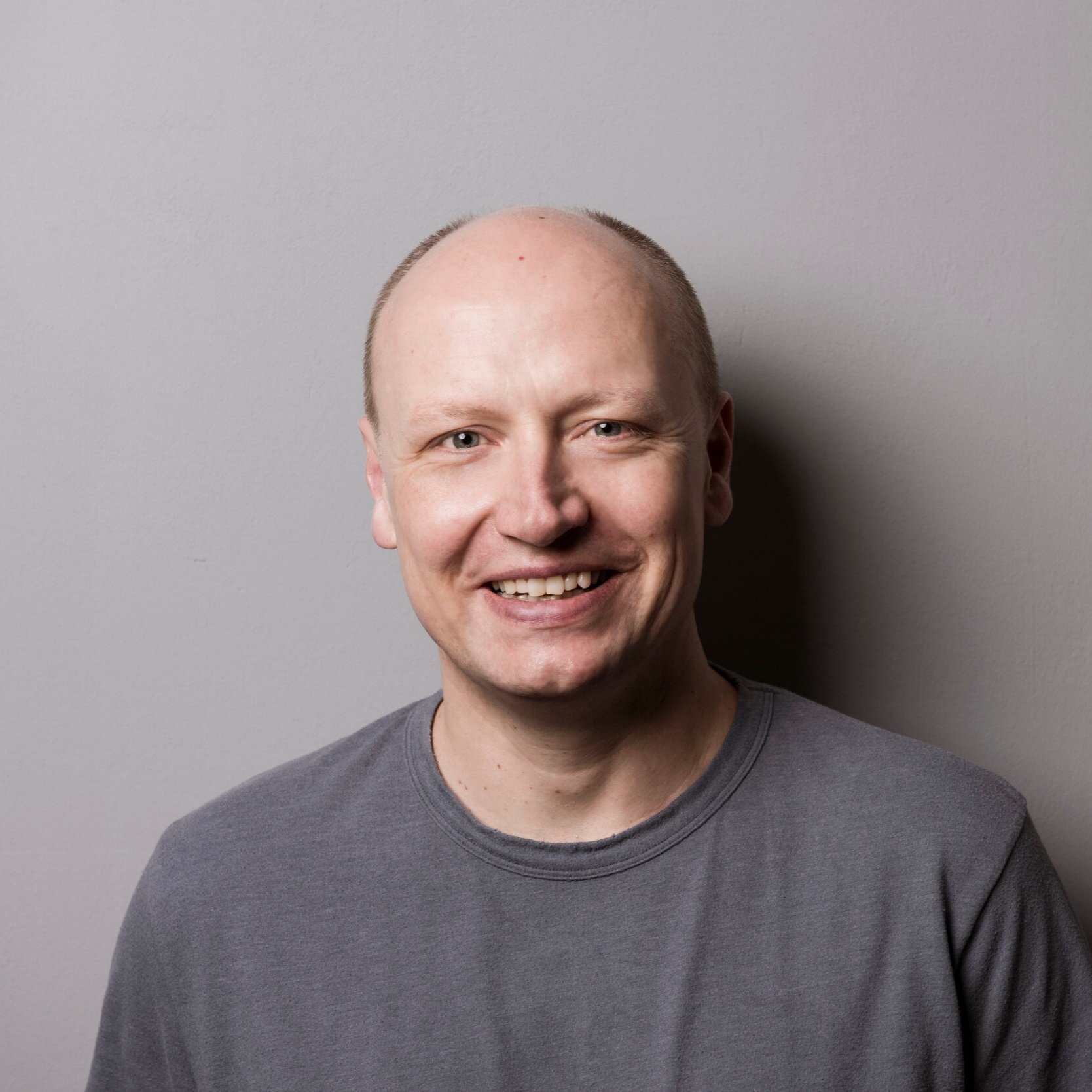“Also even more people started cycling. They want to do some sports, they want to do individual sport and that was possible still in many countries like Germany. We have not been forced to stay at home so we could still do sports.
“People started looking for bikes, bike accessories and clothing online. That is also one part of our business as a bike dealer. We do not only produce our own bikes, which is 40% of our turnover, but we also trade clothing, parts and accessories. Partly this is our own branded stuff but the really technologically complicated products like shifting group sets or hydraulic brakes, we leave that field to the experts. The parts on the bike which are a little bit easier to handle and where more comes from the design and construction but not from specific technologies like braking technology, we do those, such as cockpit parts, stems, handle bars, saddles, rims, wheels. We can manage those with our engineering team.
”60% of our turnover is accessories, clothing and spare parts. This kind of business is of course a little bit different from the bikes. So for the bikes it’s quite a small range, we have around 100 bike models. However with all the parts, it’s forty to fifty thousand items we carry in stock now.
”We also do our logistics by ourselves. So we buy the stuff and we sell the stuff, it’s classical dealing. This kind of business has been under price pressure for the last decade and there we always have to offer the best possible price every day, changing many prices each day to be competitive and to stay competitive.
”Also the way of selling, especially selling online, is completely different. People are coming through for example Google searches and they know exactly what they want or you have to guide them quickly through the range on our website and then it’s just about getting a quick conversion. On the other side, the bikes are not quick conversions at all. On average the customer comes back maybe two or three dozen times before he buys the bike, so these two things are completely different. For the bikes it’s more like you have to inspire, to emotionalise, to build trust. For parts, clothing, accessories, it’s just about being quick and having an easy to use process. This makes it quite a challenge to have all that on one website and to have all that in one physical retail store.
”To improve this we took over a UX company last year. They are focused only on user experience, user intelligence and how to guide the customer through the journey. They are located 50km away from our headquarters, with 25 experts in the user experience field. We hired them last year, acquired the whole company, integrated the management into our structure and matched our leadership. That was also one of the very important decisions of the last years, to integrate that technology into our business.”

